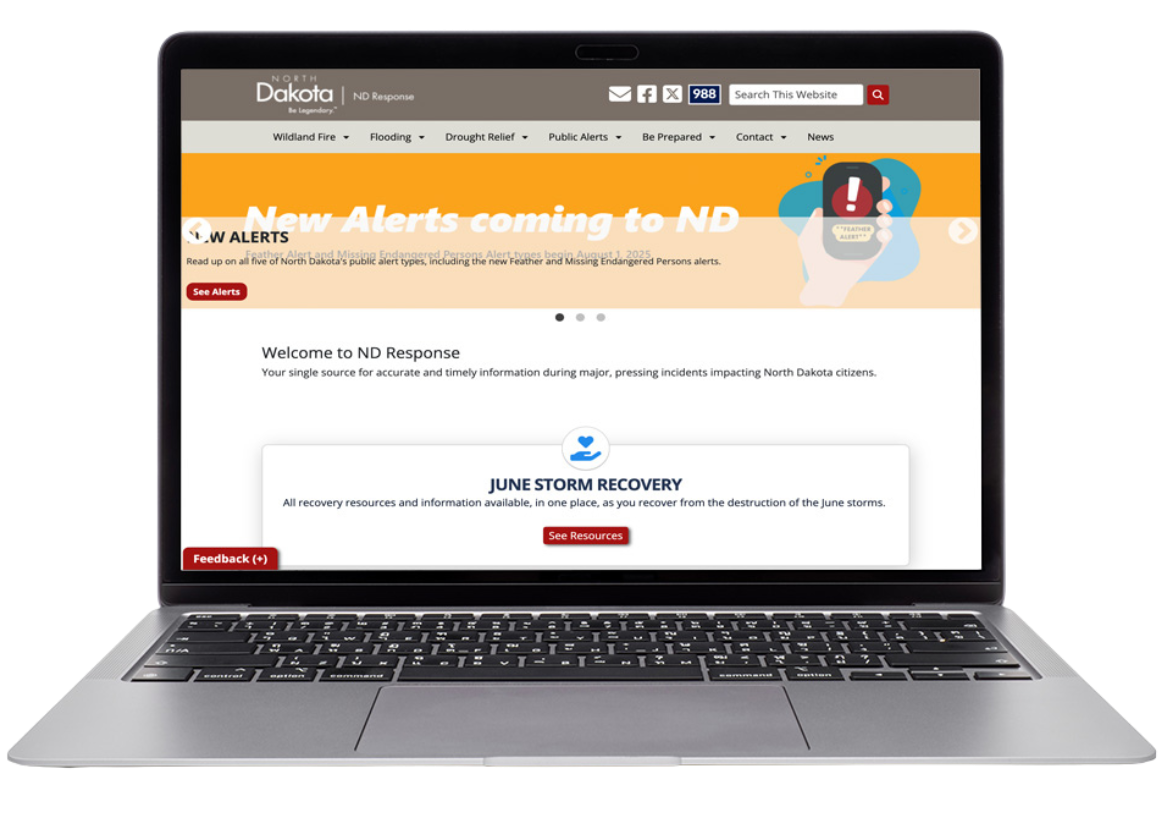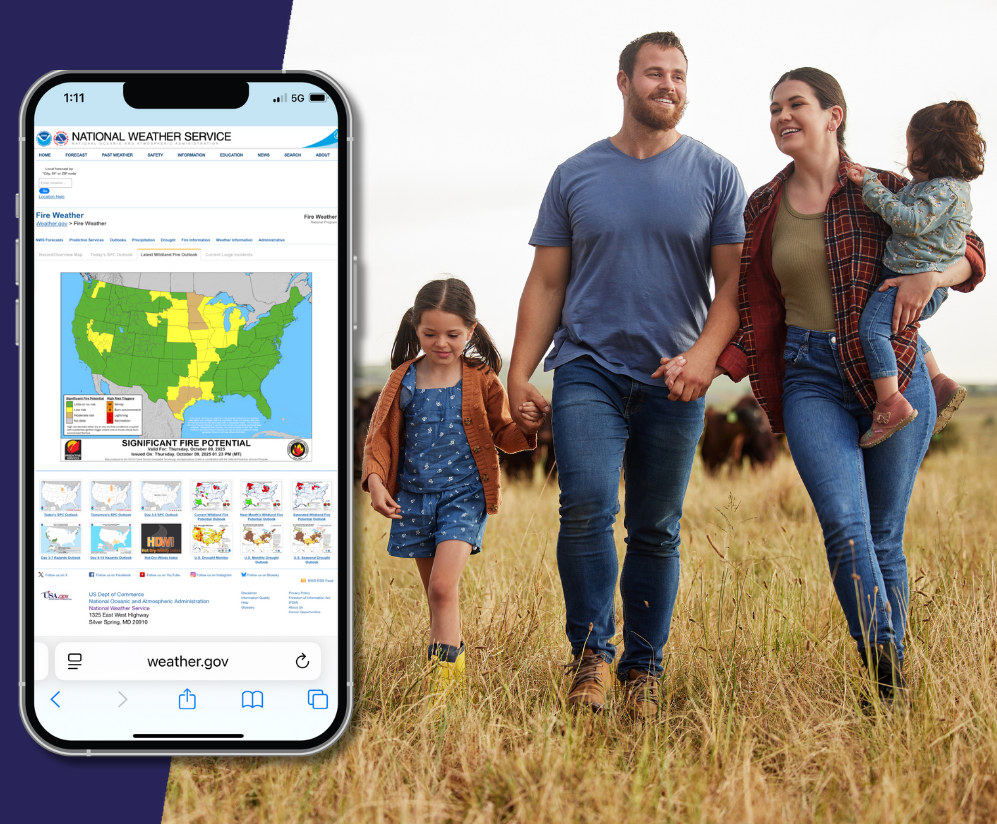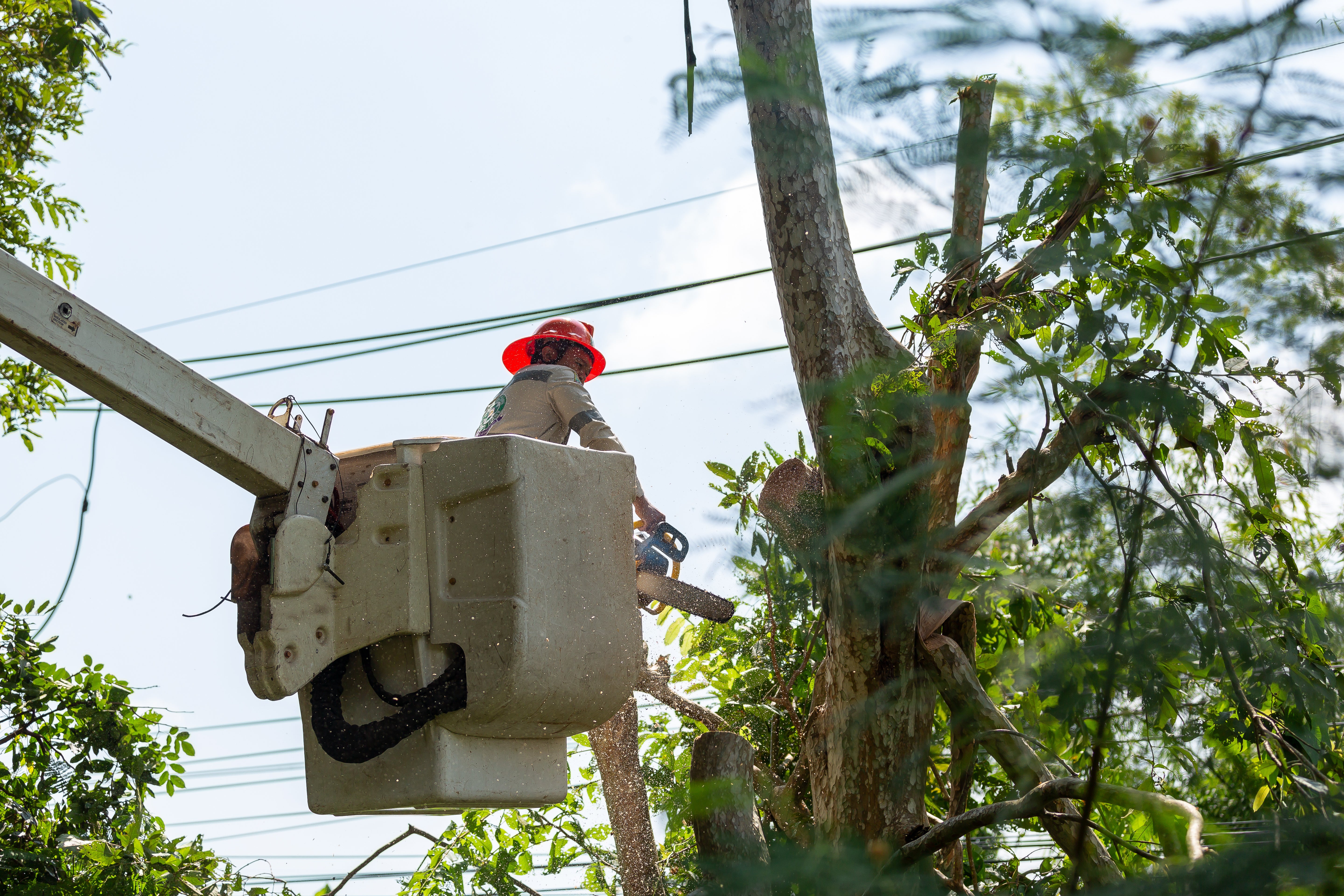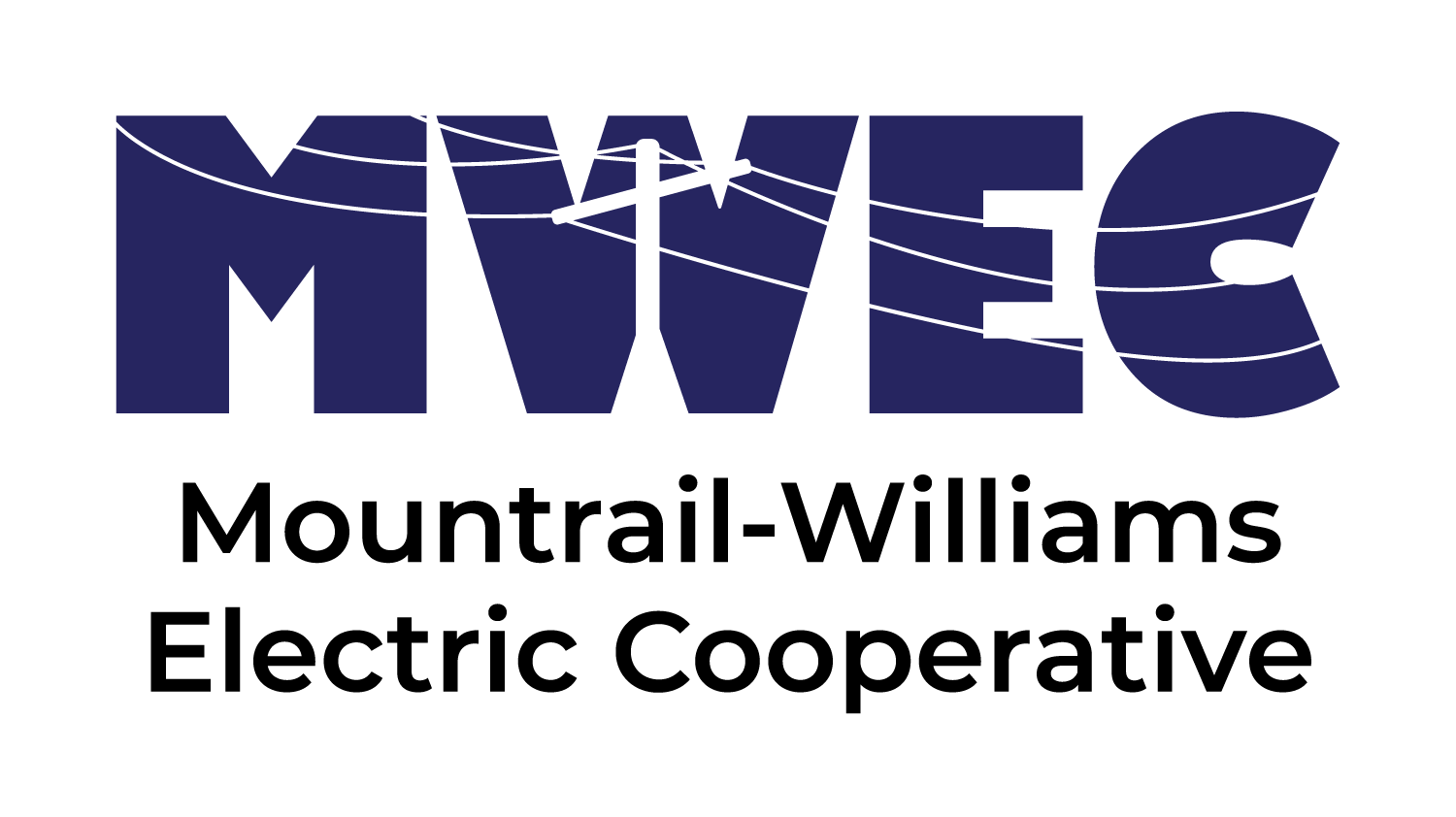Phone: 800.279.2667 | Fax: 701.577.3777
Wildfire Preparedness

Wildfires happen across Mountrail and Williams counties, and preparedness matters more than ever. As a co-op, we work year-round to strengthen our system against wildfire risks and help our members understand ways to reduce hazards. As part of this commitment, we launched a wildfire preparedness campaign designed to inform members about the measures MWEC takes and the steps they can take to protect themselves, their families and their community.

LEARN
Wildfires happen here. Visit NDResponse to learn how they start, learn about burn restrictions, and how to reduce your risk.
Protect what matters most.

COLLABORATE
Wildfire risk is never zero, but when we prepare together, we make our homes safer and build a stronger, more resilient community. Alert MWEC to any hazards that could impact lines and help your neighbors spot them as well.
TAKE ACTION
Wildfire preparedness starts with simple steps to protect your family, land and home. Get prepared today with tips from Ready.gov and help mitigate risk for yourself and those around you.
Sign Up
Stay informed on extreme weather risk in Mountrail and Williams counties with alerts from the National Weather Service. These are typically the first alerts to go out when wildfire risk rises.


Safe and reliable power
Your co-op is taking proactive steps to reduce wildfire risk for the people and communities we serve
- We monitor weather conditions from the National Weather Service, ND Response and others to inform operations.
- During times of high wildfire risk, we use elevated fire risk (EFR) settings that that rapidly de-energize lines when a hazard, like a tree branch, is detected.
- We patrol and inspect our lines continuously to identify potential risks.
- We proactively maintain trees and vegetation near our equipment to reduce possible hazards.


